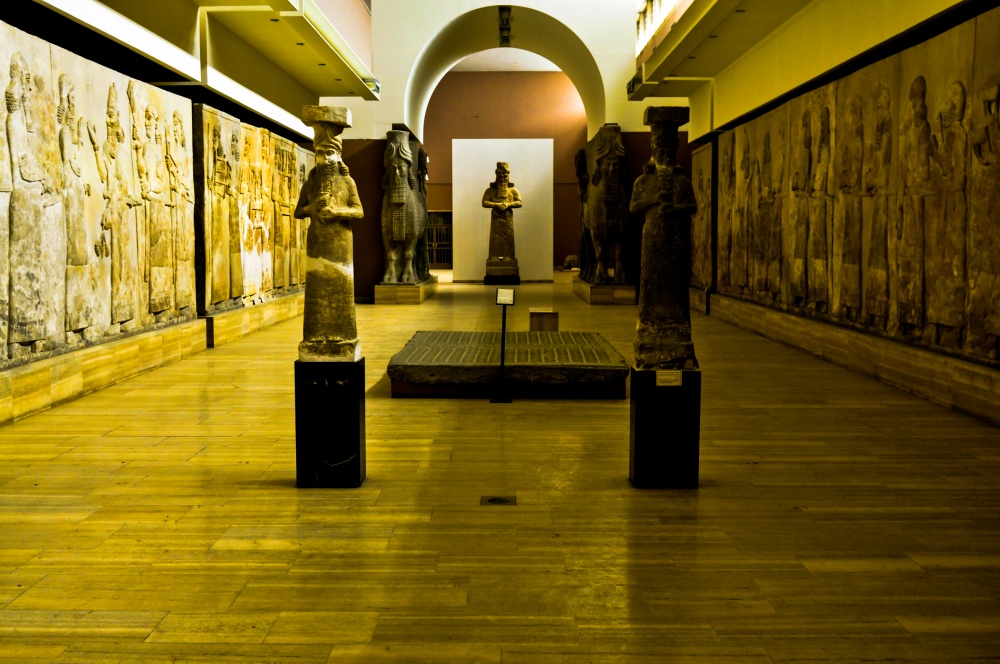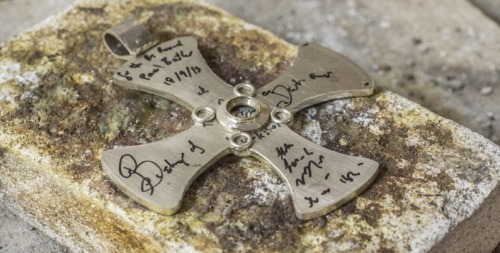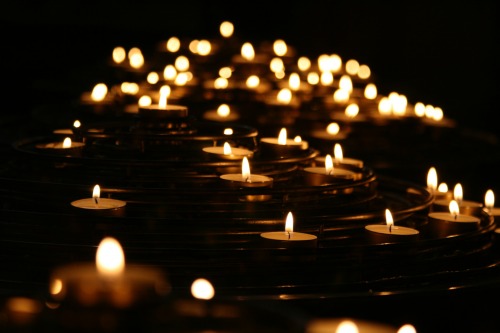This Month in History - Gertrude Bell

A Hollywood film about the life of Gertrude Bell is in production, and this April the museum she established in Baghdad is due to reopen
Most women born in Britain in the 1860s had fairly limited identities throughout their quiet lives. Gertrude Bell, on the other hand, was a traveller, translator, mountaineer, diplomat, antiquarian, writer, archeologist and spy. Yet despite appearing to be a compelling role model for women, she objected profoundly to the idea of female suffrage. She was a tough individualist and in many ways thoroughly modern – but her outlook was at times deeply Victorian.
Bell was born on 14 July 1868 in Washington, County Durham. Her grandfather was an industrialist and Liberal politician, and her father held various offices including Mayor of Middlesbrough and High Sheriff of Durham. They had wealth and status, and Gertrude was educated at home and then at a progressive women’s college in London.
At 17, Bell arrived at Oxford to read History, one of the few subjects women were allowed to study. She was taught by a tutor who so objected to a female presence in his classes that he made her sit facing the other way as he taught. She received a First in 1892, taught herself Persian, then joined her aunt on a trip to Persia to visit her uncle, the British Minister to Tehran. Thus began Bell’s lifelong relationship with both travel and the Middle East. She became fluent in multiple languages, including Arabic, Turkish and Italian, and taught herself archeology.
Physically tough and with a talent for fencing and rowing, Bell also turned out to be a natural mountaineer. She conquered Mont Blanc, not a technically challenging ascent, but extremely dangerous due to regular storms and avalanches. An attempt to ascend the north-east face of Finsteraarhorn in snow and hail left her and her guides hanging on the side of a rock face for over two days, with a lightning storm threatening to rip them apart.
But it was as a queen of the desert that Bell is usually remembered. When World War I broke out in 1914, Bell worked at the Arab Bureau alongside TE Lawrence, where she spied on the workings of the Ottoman Empire in Cairo. Following the war, she was given responsibility by Winston Churchill for drawing the new boundaries of Mesopotamia – literally shaping modern Iraq – and she helped to install King Faisal, leader of the Arab Revolt, as its new leader. Bell was a firm believer in Arab independence, and uniquely sensitive among the British to the delicate complexities of Middle Eastern politics.
Bell also established the Baghdad Archeological Museum, which is due to reopen this spring. It is partly thanks to the museum that the memory of her has endured in modern Iraq, where she is still referred to as ‘Miss Bell’. Remembered as the prim western woman who took her crystal tableware everywhere she went, she adored the Iraqi people, and her letters home to her father passionately evoke the baking heat of the sun, mist on the water, and the lush palm gardens of Baghdad.
She frequently intimidated Victorian men with her intelligence, but on her travels she started an affair with Major Charles Doughty-Wylie, an unhappily married Boer War veteran working in Turkey. Doughty-Wylie’s wife threatened to kill herself if he left her for Bell, while Bell threatened to do the same if he didn’t. The love triangle ended when he was himself killed at Gallipoli. Fellow soldiers registered that his behaviour during the battle had been oddly calm, as if he wasn’t intending to survive. There is a story about a woman in a black veil visiting his grave there later that year, and the strange figure is thought by some to have been Bell saying goodbye.
Like many extraordinary people, Bell was prone to extremes of emotion, and she became severely depressed in later years. Her sudden death at 58 in the summer of 1926 from an overdose of sleeping pills may not have been an accident. Next year will see the release of Queen Of The Desert, a film about her life starring Nicole Kidman as Bell and Damien Lewis as Charles Doughty-Wylie (no word yet on whether Kidman will be attempting a County Durham accent). Hollywood is likely to concentrate on the love story, but Bell’s true love was the Middle East, and that relationship survives to this day; she was even buried in Baghdad. As she wrote in her diary in 1917, ‘I don’t think I shall ever be able to detach myself permanently from the fortunes of this country.’







